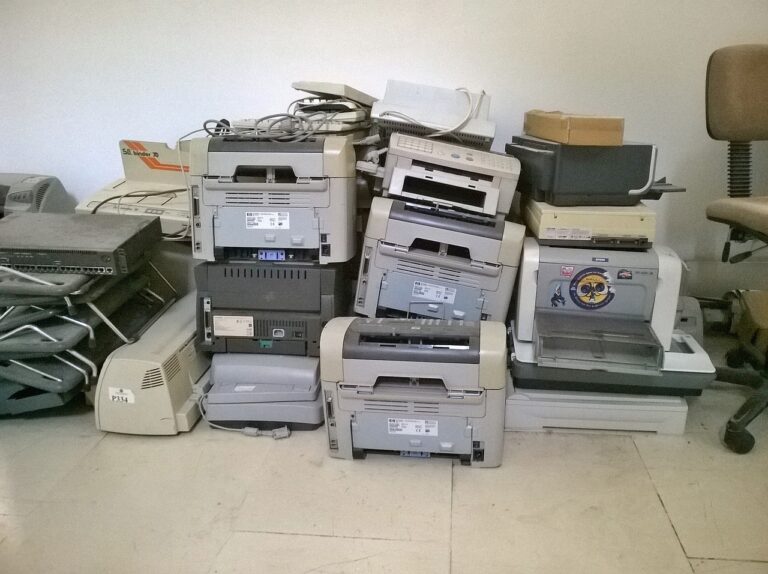The Impact of Agribusiness on Food Systems: 11xplay reddy login id and password, King567 signup, Skyinplay exchange
11xplay reddy login id and password, king567 signup, skyinplay exchange: The Impact of Agribusiness on Food Systems
When we think about our food system, we often picture farmers planting crops, animals grazing in pastures, and produce being delivered to grocery stores. But behind the scenes, a powerful force is at work that shapes every step of the process – agribusiness.
Agribusiness refers to the interconnected network of companies involved in food production, processing, distribution, and marketing. From seed companies and manufacturers of agricultural machinery to food processors and retailers, agribusiness plays a vital role in how our food is grown, harvested, and consumed.
In this blog post, we will explore the impact of agribusiness on food systems and how it influences everything from the types of crops grown to the prices we pay at the grocery store.
The Power of Agribusiness
One of the key ways that agribusiness shapes our food system is through its sheer size and scale. Large multinational corporations dominate the industry, controlling everything from seed production to food processing and distribution. These companies have enormous resources and influence, allowing them to set the agenda for agriculture and food production around the world.
For example, seed companies like Monsanto (now owned by Bayer) develop genetically modified seeds that are resistant to pests and herbicides. These seeds are then sold to farmers who are often locked into contracts that require them to use specific chemicals and follow certain farming practices. This can have a major impact on the environment, as well as on small-scale farmers who may not have the resources to comply with these requirements.
Agribusiness also plays a major role in shaping consumer preferences and behaviors. Through advertising, labeling, and packaging, companies can influence what we eat and how much we pay for it. For example, the rise of processed and convenience foods can be directly attributed to the marketing efforts of agribusiness companies looking to maximize profits.
The Impact on Farmers
Farmers are on the front lines of agribusiness, and they are often the most affected by its influence. As large corporations consolidate their power in the industry, small-scale farmers are finding it increasingly difficult to compete. Many are forced to sell their land or go out of business altogether, leading to a loss of biodiversity and traditional farming practices.
In addition, agribusiness companies often dictate what crops farmers can grow and how they should grow them. This can lead to a lack of diversity in our food system, as farmers are incentivized to grow cash crops like corn and soybeans instead of a variety of fruits and vegetables. It can also result in the overuse of pesticides and herbicides, leading to environmental degradation and health risks for both farmers and consumers.
The Impact on Consumers
Consumers are also impacted by agribusiness in a variety of ways. The dominance of large corporations in the industry can lead to higher prices for food, as well as a lack of transparency about how our food is produced. Consumers may not be aware of the environmental and social consequences of their food choices, as agribusiness companies often prioritize profits over sustainability and ethical practices.
In addition, the rise of processed and convenience foods has led to an increase in diet-related diseases like obesity and diabetes. These products are often high in sugar, salt, and unhealthy fats, contributing to a global health crisis that is disproportionately affecting low-income communities and people of color.
The Future of Food Systems
Despite the challenges posed by agribusiness, there are reasons for hope. Consumers are becoming more educated about where their food comes from and are demanding more transparency and accountability from agribusiness companies. This has led to a rise in organic and locally sourced foods, as well as an increasing interest in sustainable and regenerative farming practices.
In addition, small-scale farmers and food producers are finding ways to innovate and collaborate to create more resilient and diverse food systems. Farmers markets, community-supported agriculture (CSA) programs, and food cooperatives are all examples of alternative models that prioritize local, fresh, and healthy food.
As we look to the future, it is essential that we continue to support these initiatives and advocate for policies that promote a more equitable and sustainable food system. By challenging the power of agribusiness and supporting farmers and food producers who prioritize people and planet over profit, we can create a food system that nourishes us all.
—
FAQs
1. What is agribusiness?
Agribusiness refers to the interconnected network of companies involved in food production, processing, distribution, and marketing. This includes everything from seed companies and agricultural machinery manufacturers to food processors and retailers.
2. How does agribusiness influence our food system?
Agribusiness influences our food system in a variety of ways, including shaping what crops are grown, how they are grown, and how they are marketed to consumers. Large corporations dominate the industry, controlling everything from seed production to food processing and distribution.
3. What can consumers do to support a more sustainable food system?
Consumers can support a more sustainable food system by buying organic and locally sourced foods, supporting small-scale farmers and food producers, and advocating for policies that promote transparency and accountability in the industry. By making informed choices about what we eat and where it comes from, we can help create a food system that is healthy, equitable, and environmentally friendly.







